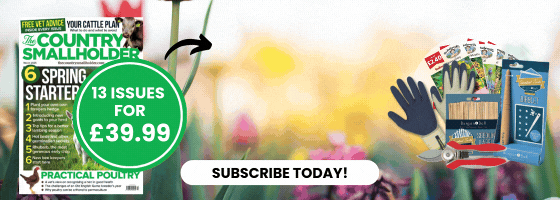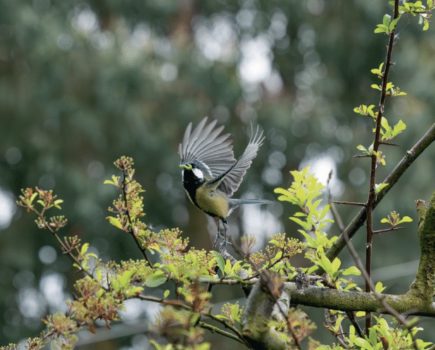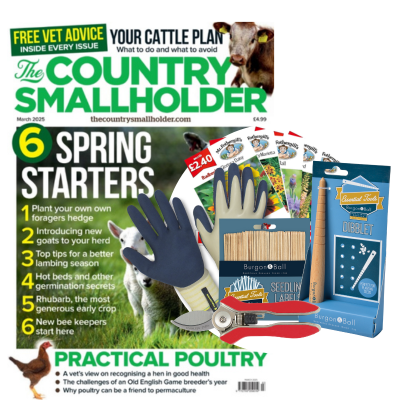Where are these allotments then?Allotments are tucked into all sorts of corners across the country – next to railway tracks, in the middle of housing estates, and on the edges of towns and villages. They are generally owned by a local authority – usually the council, but sometimes the church. There are some sites which have become independent and are owned by the allotment holders themselves, as an association.
How do I get one?The first thing to do is to contact your local authority. You might be surprised at how many plots are available – despite the doom and gloom tales of seven year waiting lists, some sites have plots going a-begging. If you are worried about taking on a full-size plot, you could consider teaming up with some friends and applying for a plot en masse (this also means there are more people to help with the digging!), or asking if there are any half plots available.Sometimes the inevitable will happen and you will be told that you have seven years to wait … don’t let this stop you! Under allotment legislation, councils must provide allotments if there is a demand for them – the more people who make a noise, the more likely it is that they may do something.If all else fails, try plan C. There are thousands, if not millions, of people out there with big gardens and no time to look after them. If you can find a willing host, you could set up your allotment in someone’s back garden.
How much do allotments cost?It varies according to region/authority. Inner city plots tend to be the most expensive, whilst in rural areas you may get one for as little as £5 per annum. Mine costs £16; in our local town they cost around £30. When you consider how much produce you can get from one, this is an absolute bargain! Once you’ve got your plot, how much you spend on it is up to you. Investing in some decent tools is a wise move – they will last you a lifetime. I acquired mine gradually, asking for things as presents, or adopting old tools from people who didn’t want them anymore. Freecycle (www.freecycle.org) is a great source of free second-hand stuff. I’ve been lucky enough to get a very old greenhouse, a nearly new shed and a wheelbarrow for free that way. Seeds can be bought relatively cheaply from all good garden centres, by mail order and increasingly in high street stores as well. A good time to stock up is towards the end of the summer, when shops are getting rid of stock before the winter. If you can find someone who saves seed that’s also a very good, free source of seed! Once your plot is going you can save you own seed too.What are you allowed to do on your plot?Different sites have different rules. On my plot you can build sheds and greenhouses and keep chickens if you so wish. The only ‘rule’ as such is that you must keep your plot in a ‘well cultivated’ condition. Other sites are more regulated – they may not allow the building of sheds, polytunnels etc. Some sites provide a water supply – others do not. Get out there and see what there is in your area!
I’ve no idea what I’m doing. Where can I learn?If you have just got your plot, go and talk to other plotholders. They can provide invaluable and specific advice about your site (soil type, drainage, what varieties grow well). Gardeners are generally helpful and generous types, always willing to help out a newbie. Get hold of a few good books. These will give you basic info on sowing times, care, pests and diseases and so on. Some books give information crop by crop, others month by month. The Vegetable Expert by D G Hessayon is a good one to start with.The Internet can be a great source of help. There are all sorts of websites and forums where you can ask the questions you don’t dare ask the old boys up at the plot in case they laugh at you! Try http://www.growfruitandveg.co.uk/grapevine/index.php.
The National Society for Allotment and Leisure Gardeners has carried the torch for allotments since 1901, and has done some great work in preventing land-grabbing councils from building on allotment land. They can provide help in all matters allotmenty, including finding, getting and keeping your allotment. They also provide legal advice and services like insurance to their members. www.nsalg.org.uk
Garden Organic (formerly HDRA) have pioneered organic growing methods since their foundation in 1954. Membership of this organisation provides you with a membership magazine, reduced course rates and access to the heritage seed library. www.gardenorganic.org.uk
World Wide Opportunities on Organic Farms (WWOOF) is a good way to gain some experience of organic growing – especially if you are having to wait to get your plot. Members of this organisation (known as WWOOFers!) work on organic farms on a voluntary basis in return for board and lodging. Schemes operate across the UK www.wwoof.org.uk and the world – www.wwoof.org.







